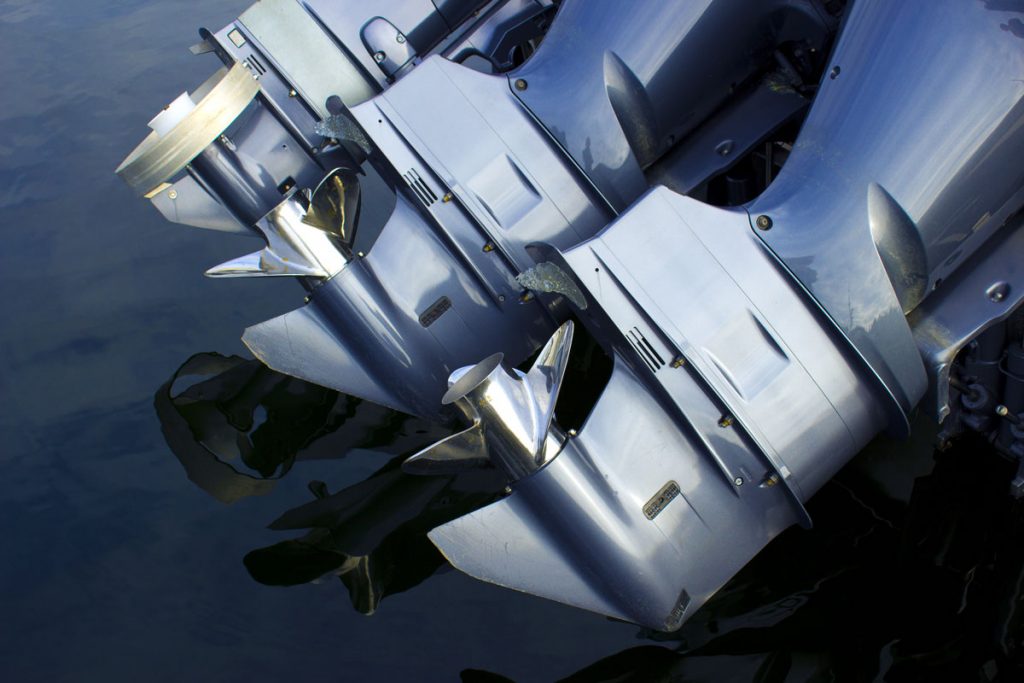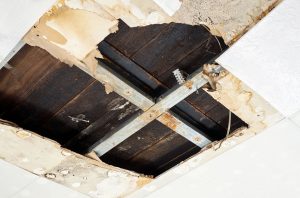So, you took your expensive new boat out and the engine blew. Will your insurance be covering the cost of repair? We wondered the same and went researching.

The answer is that it depends. And that's one reason why you need to pay attention when taking out insurance on your boats. Surprisingly, standard insurance policies do not cover wear and tear to the engine, or damage caused by your own mistake. Some policies may do that - so read carefully what yours says.
Boats are expensive investments. Just like cars and homes, boats should be insured to protect owners from financial loss in injury lawsuits and so that owners receive some compensation in case of loss from theft, accident or natural disaster. Small boats that cost under $10,000 are covered when kept at your home under homeowners' insurance policies; however, boat insurance must be bought to cover even a small boat when it's in the water or docked elsewhere. Boats that cost more than $10,000 require a policy specifically covering the boat no matter where the boat is located.
Types of coverage
Boat insurance policies vary in the types of losses they cover based on several considerations such as size, type, and age of the boat. Boat insurance policies typically provide owners with liability coverage in case someone is hurt in your boat and with bodily injury coverage in case your boat injures someone else.
Blown engines, like other mechanical parts of the boat, are covered in certain circumstances. For example, most insurers will provide coverage if the engine goes bad because of an accident or a manufacturer's defect. They typically do not provide coverage if your engine wears out because of common wear and tear or because you failed to properly maintain it. Some policies do include mechanical breakdown coverage which will fix or replace the engine if it breaks down for any reason, except wear and tear.
The amount of compensation you receive for a blown engine will also depend upon several factors, including the amount of the deductible you selected at the time you bought your insurance. The deductible is the amount you must pay before insurance kicks in. For example, if your policy covers the engine at its actual cash value of $5,000, and your deductible is $1,000, the insurance company will write you a check for $4,000.
Obtaining the best coverage
If you want to pay as little as possible out of pocket at the time your engine blows, you will choose a low deductible for your boat insurance policy. Generally speaking, however, the lower the deductible, the higher the monthly premium.
To help ensure you will be covered in the event of mechanical failure, The Weimer Group also suggests that you keep a maintenance log and be sure that you are performing maintenance tasks at least as often as the engine's guidebook tells you.
If you are taking the boat out into more dangerous waters, the Weimer Group suggests you review coverage first to be sure you've bought enough insurance to cover you. In addition, check the navigational limits of your policy; many do not provide any coverage outside of the U.S. and Canadian coastal waters, according to Bankrate.com. If you are traveling beyond those limits, consider buying a supplement.
Salvage coverage is also useful if your boat blows its engine. This coverage provides for your boat to be towed if necessary; otherwise, the salvage company will ask for a portion of your boat's value paid upfront before providing the tow, according to NerdWallet.
Does boat insurance cover sinking?
Yes. Boat insurance typically covers property losses through two different types of coverage. Collision coverage provides compensation if your boat is in an accident. Comprehensive coverage provides compensation if property is damaged by natural disasters, sinking or theft. According to State Farm, the policies typically cover the hull and major components such as:
- Motors
- Extra fuel tanks, batteries, etc.
- Anchors, and
- Onboard safety equipment, such as flotation devices and fire extinguishers
Does boat insurance cover prop damage?
Prop damage refers to any damage to property other than your own. It can occur in several ways. For example, damage can occur because you came in too close to the dock. Alternatively, it might occur because you hit another boat on the lake. Most policies do provide this coverage, minus the deductible, and up to the maximum limits in your policy.
Policies also cover your own property when it is damaged unless the damage is because of animals such as sharks, or a substance such as mold. The amount of compensation you receive when your own property is damaged depends upon which type of coverage you have purchased. Actual cash value means that the amount of compensation you receive will be based upon the boat's market value at the time of the accident, as determined by the insurance company. This factors in depreciation that will have occurred from the time you bought the boat. Agreed amount value means the insurance company pays you an amount that you and the insurance company agreed upon at the time the policy was written. While this typically costs more upfront, it means there is no depreciation if your boat is a total loss. There may be some depreciation for a partial loss.
Does boat insurance cover lower unit?
Sometimes. Just as with other parts of the boat, insurance generally will cover the lower unit of an outboard motor or upper and lower units of an inboard/outboard motor if you damage them in a collision or national disaster or if they are stolen. In some cases, insurance will cover a mechanical breakdown unless the breakdown was caused through regular wear and tear. Some insurers, such as Progressive, may even cover breakdown of the lower unit that was caused by wear and tear if you have purchased certain types of mechanical breakdown coverage.



